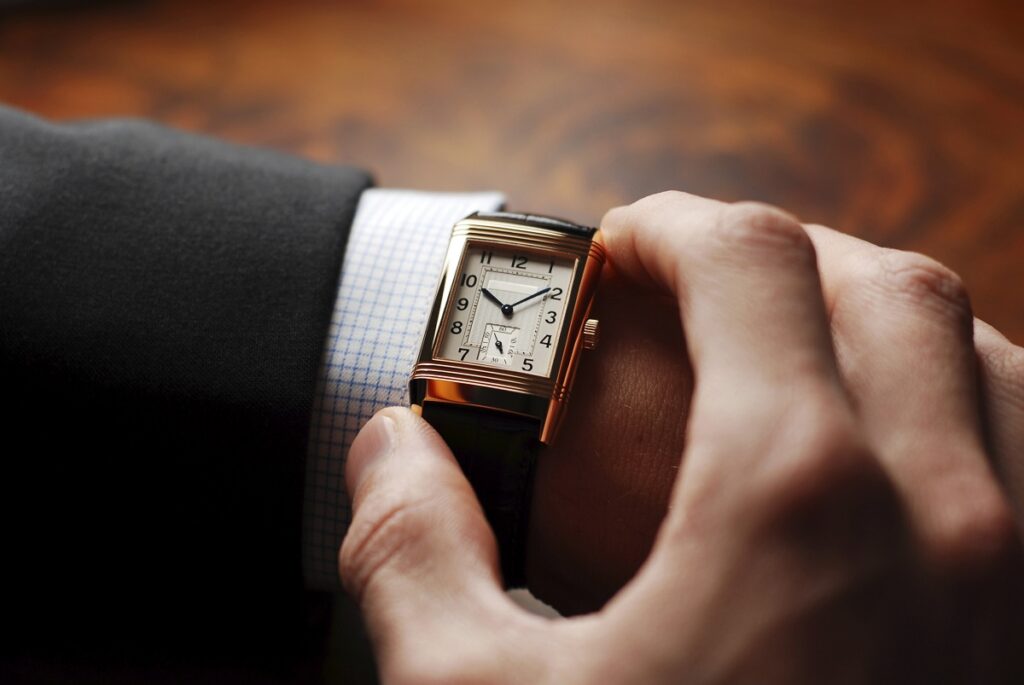No names, no job titles, no companies. HR After Dark features totally anonymised opinion pieces from HR professionals, consultants and industry commentators. No holds barred, no censorship, nothing but raw opinions on issues that matter to HR. When the lights go down, HR After Dark comes out to play. See it all here first. Want to write for HR After Dark? Get in touch at hrafterdark@hrzone.com.
It’s a typical company practice: reward an employee for their five, 10, 20, 30 even 40 years of service to an organisation. Sounds great in theory, right? But I have a few problems with it.
First off, companies spend millions of pounds a year on these practices and really don’t see much of an ROI. Does that £250 selection of 10 possible rewards after 20-years really represent decades of hard work, commitment and performance from an employee? Does any employee really work harder, or perform better because of that reward?
Companies can save a lot of money if they focused not on the reward, but more importantly, recognition. The intrinsic motivator of recognition rather than the extrinsic motivators of golf clubs or a clock. That intrinsic human motivation has much more lasting impact than the sugar-rush of a reward – and whether you like Maslow’s hierarchy or not, you won’t get your employees feeling a sense of self-actualisation with only base needs like salary and rewards.
So companies are starting to scale back those costs given the economic situation and focusing on recognition. Great, right?! But I don’t find myself much happier.
Why? Because we recognise our employees for ‘long-service’ which is equivalent to recognising them for simply breathing and keeping a seat warm.
The employee gets recognised whether they’ve been a rockstar employee for a quarter of a century that has been promoted eight times or they’ve simply floated through the years in one role awaiting retirement.
We treat every employee equally when we should be rewarding and recognising for performance, not for presence.
The truth is, recognition has a much longer-standing impact than rewards and bonuses, not to mention the endless studies that show recognition as a massive driver of employee engagement. And even though companies are shifting towards more recognition for long years of service than rewards, there’s still a fundamental problem – most companies have their long service awards progamme as their ONLY rewards and recognition strategy.
So why does that cause me heartburn? Because recognition shouldn’t be an annual practice (or every five years) but rather a daily habit within organisations.
I ask HR to re-think their long service award strategies and the money they’re spending on it. The ever-questioning CFO will continue to ask you how you can see return on all levels of investment.
And ask yourself if your current rewards and recognition strategy consist only of these long service awards, will these programs make the company more money? And even more importantly, do your employees really care?
I’ve asked thousands of HR leaders if a candidate ever asked in an interview what your company’s long service award policy is and I’ve never heard someone say yes. Why? Because employees don’t really care about these annual moments of recognition – it needs to happen in real time.
What about those HR leaders that feel that removing the reward element would piss off the employees? Focus on the recognition element, explain how the funds will be focused on performance and not presence, and stop making HR decisions that focus on the 1% of the squeaky-wheel employees and do what’s best for the company and the employees collectively.










7 Responses
I think that it’s this black
I think that it’s this black and white thinking that is actually eroding the great qualities of UK business. Yes let’s stop treating people like individuals and reward them for being machines. I can’t quite decide where to start but I think whoever you are you are quite mistaken; it’s not like rewarding people for just turning up it’s rewarding people for a n admirable quality which is loyalty; isn’t that something worth celebrating? You say people don’t care about it and don’t ask about it in interviews; well of course they don’t; how many people do look 20 years in the future and ask about what might happen? However, people might rightly expect to be recognised or rewarded if they are coming up to that point. I do, however, agree with rewarding performance but I don’t think we celebrate things enough in the UK and surely long-service is a good news story. You say that people don’t perform better as a result; how do you know this or is it just one of many broad statements you make? Also, to take away something positive just because a minority of people might happen to be under performing does feel like you are punishing the majority of good performers. If someone is under performing after a long service doesn’t thank point to the culture, custom and practice of the organisation; shouldn’t we be looking at this point. Again; this is a very narrow view of something that leads to the de-humanising of the workplace – shame on you!!
A few comments:
A few comments:
– rewards have changed; I have an ashtray that my Dad got for doing 21 years at his business! [He was a heavy smoker.]
– although everyone in a business contributes, people who spend more than (say) 10 years at a company really have made a significant commitment, so I think it’s entirely appropriate they’re recognised.
– the recognition is so much more important than the prize. However, an appropriate prize is also well-received. My business Sift (which owns HRZone) was launched in 1996, so we do have some staff who’ve been with us more than 10 years (currently 10 out of 140 staff). The first time we did it, there were 11 of us. I gave the guys Sift designed silver cufflinks, the ladies Sift designed silver pendant necklaces; and we spent all afternoon telling and sharing our Sift stories; with everyone getting their chance in turn. All 11 participants really enjoyed it and no one back in the office complained that it was too indulging or selective.
I agree that the recognition
I agree that the recognition not the size of the reward is the most important factor. At a company I worked with, long serving staff were celebrated with a “memory board” made by one of their fellow team members. He was given time to assemble photos, cartoons and small items of significance (a hammer, a favorite cup) and these were then mounted on a polished board. The boadr was then presented with suitable ceremony and acted as a permanent memory trigger of their time. All it cost was a few hours time.
Hugely important to focus on
Hugely important to focus on recognition as well as reward, as you say, but recognition and long-service awards are not mutually exclusive. I’d be interested to know where the figure of the ‘millions’ spent on such schemes comes from – my understanding is these awards tend to be relatively small fry. If long-service really is the only form of recognition there’s clearly a problem, but if it’s one extra celebration to throw into the mix, giving a nod as Grant says to the storytellers who’ve seen the place change, that sounds like a healthy thing. Unless you don’t want long-serving employees.
Our CIPD report on the behavioural science of reward, ‘Show me the money!’ comes out next week!
P.S. Another reason for employers to offer long-service awards is there are tax incentives to do so
https://www.gov.uk/expenses-and-benefits-long-service-awards/overview
I disagree.
I disagree.
Work is a society and, leaving aside all discussions of moral decay etc etc, society respects its elders. The best places I have worked have always celebrated the acheivements of their “senior” citizens.
This is not recognition for breathing, good companies manage employee performance and reward – they will not have anybody “just floating along”. But they will have staff who perform well without being “rockstars”, enjoy working for the company and have been doing so for a number of years. They are the memory and story tellers of the society, if they grew up with the company they have played a role in shaping and maintaining the culture.
Someone who has been with you for 10 years (I think 5 is too short) has made the place what it is today – say thank you, respect your elders.
You’re assuming that they’ve
You’re assuming that they’ve been performing well had thier “role in shaping and maintaining the culture” has been positive. In many large organisations, especially where there is difficulty in recruiting due to skills shortages, there are long-serving members of staff of actively fight against change or progress in a company because “that’s not how we used to do things”.
Respect your elders yes, but only if they’re offering something worth respecting.
@Skanedog – I was assuming a
@Skanedog – I was assuming a well managed HR function as the author implied. Of course rewards for the sake filling a desk are a waste but I suggest that in that case they are only a small symptom of of a wider problem. And remember that actively fighting change or progress is still shaping the culture, managers are then faced with the challenge of re-telling and shaping the “resistance” story to benefit the overall organisation.